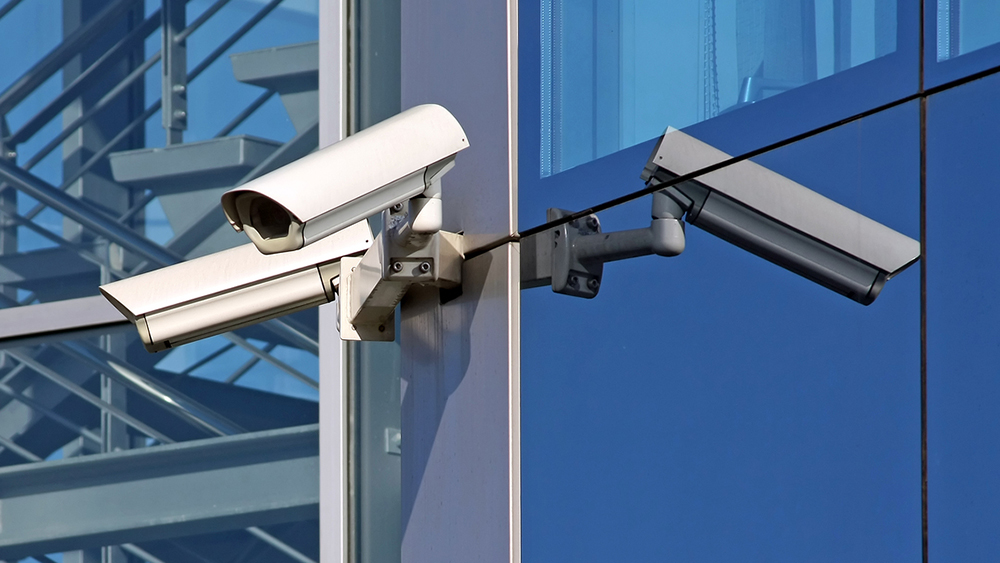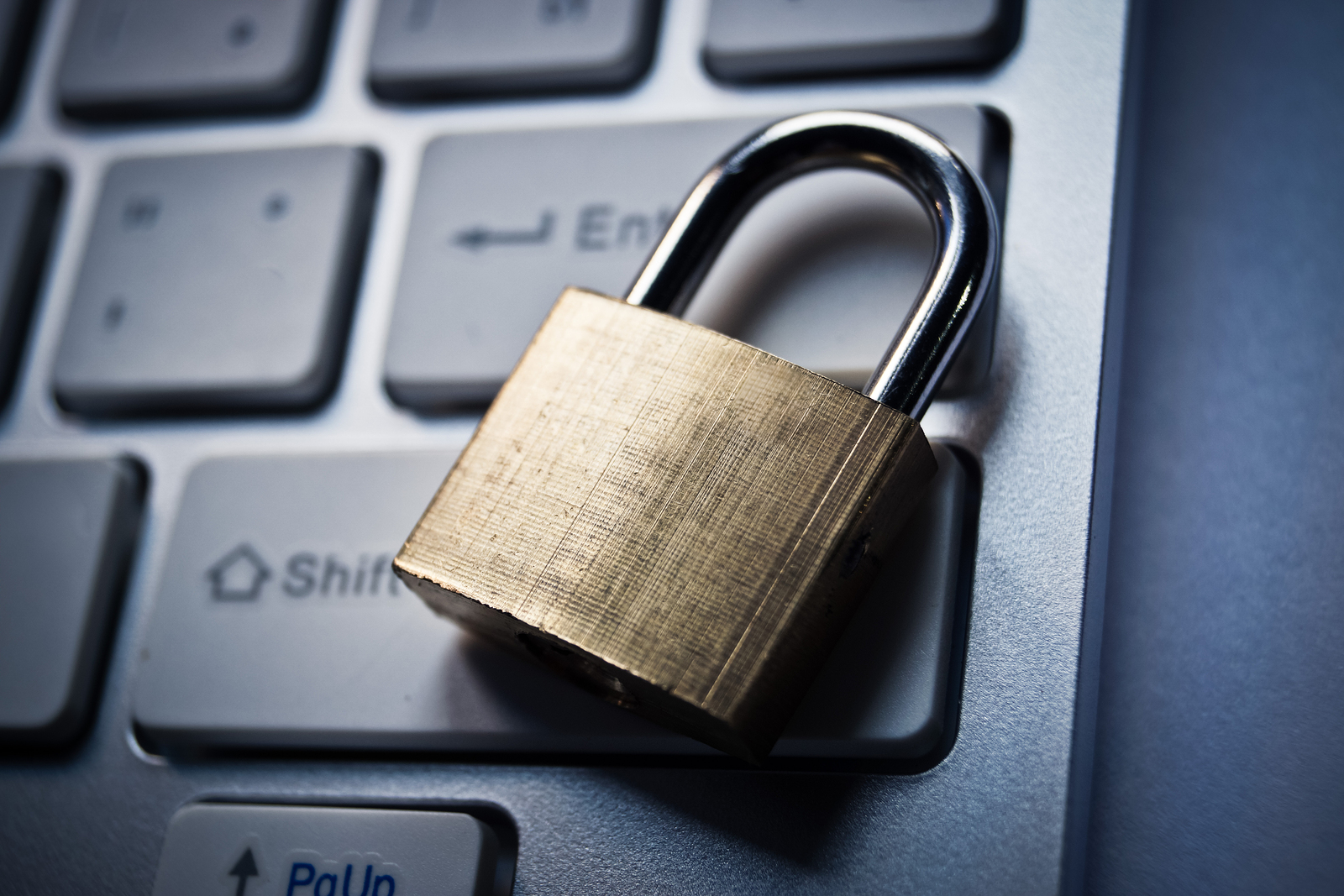US to ban surveillance software exports to authoritarian governments
Commerce dept to prevent US companies from selling tools to hack people


The Department of Commerce has announced an interim rule that would place restrictions on exports of hardware and software that could be used for malicious cyber activities.
The department’s Bureau of Industry and Security (BIS) made the rule, which will be active 90 days from today, and banned the export of “cyber security items.” The rule mentions “National Security and Anti-terrorism” reasons as its basis.
The law prohibits companies from selling cyber security software and tools to authoritarian regimes or countries the US deemed to have a history of human rights abuses, such as Russia or China. It also bars countries with weapons of mass destruction or under US arms embargoes.
There are some exceptions to the rule. For example, the Commerce Department may issue a license on request to sell cyber security items to prohibited countries.
The rule said that cyber security items needed controls, as they could be used to carry out malicious cyber activities, such as surveillance or espionage.
"Today's rule is consistent with the result of BIS's negotiations in the Wassenaar Arrangement (W.A.) multilateral export control regime and with a review of comments from Congress, the private sector, academia, civil society, and other stakeholders on previously proposed BIS rulemaking in this area," the Commerce Department bureau said.
RELATED RESOURCE

HP Wolf Security: Threat insights report
Equipping security teams with the knowledge to combat emerging threats
The US Secretary of Commerce Gina Raimondo said the country was committed to working with multilateral partners to “deter the spread of certain technologies that can be used for malicious activities that threaten cybersecurity and human rights.”
Get the ITPro daily newsletter
Sign up today and you will receive a free copy of our Future Focus 2025 report - the leading guidance on AI, cybersecurity and other IT challenges as per 700+ senior executives
“The Commerce Department’s interim final rule imposing export controls on certain cybersecurity items is an appropriately tailored approach that protects America’s national security against malicious cyber actors while ensuring legitimate cybersecurity activities,” she added.
The department has invited public comments on the rule for the next 45 days.
The move follows European Union (EU) efforts last November to curb the exportation of cyber surveillance software and hardware to oppressive regimes. These rules covered “dual-use” products and services.
“Parliament negotiators, mandated by a 2018 report, have succeeded in substantially strengthening human rights considerations among those new criteria to avoid that certain surveillance and intrusion technologies exported from the EU contribute to human rights abuses,” it announced last year.
Rene Millman is a freelance writer and broadcaster who covers cybersecurity, AI, IoT, and the cloud. He also works as a contributing analyst at GigaOm and has previously worked as an analyst for Gartner covering the infrastructure market. He has made numerous television appearances to give his views and expertise on technology trends and companies that affect and shape our lives. You can follow Rene Millman on Twitter.
-
 Bigger salaries, more burnout: Is the CISO role in crisis?
Bigger salaries, more burnout: Is the CISO role in crisis?In-depth CISOs are more stressed than ever before – but why is this and what can be done?
By Kate O'Flaherty Published
-
 Cheap cyber crime kits can be bought on the dark web for less than $25
Cheap cyber crime kits can be bought on the dark web for less than $25News Research from NordVPN shows phishing kits are now widely available on the dark web and via messaging apps like Telegram, and are often selling for less than $25.
By Emma Woollacott Published
-
 Cambridge Analytica: US Congress probes data firm set up by ex-Cambridge Analytica employee
Cambridge Analytica: US Congress probes data firm set up by ex-Cambridge Analytica employeeNews Congress wants to know whether it's collecting data from apps or using data brokers
By Clare Hopping Published
-
 UK oversight bodies 'were not aware' of spies' data-sharing
UK oversight bodies 'were not aware' of spies' data-sharingNews Privacy International finds documents alleging widespread GCHQ data-sharing occurred without safeguards
By Zach Marzouk Published
-
 Gov accuses Whatsapp of creating security 'black hole'
Gov accuses Whatsapp of creating security 'black hole'News Gov ramps up pressure on app to hand over encrypted messages - report
By Clare Hopping Published
-
 The government needs to abandon its war on WhatsApp
The government needs to abandon its war on WhatsAppOpinion Encryption might seem like an easy target, but mess with it at your peril
By Adam Shepherd Published
-
 Adaptive Mobile reveals hacker holes in mobile networks
Adaptive Mobile reveals hacker holes in mobile networksNews The flaws can be used by malicious actors maliciously and governments to carry out large-scale attacks and surveillance operations
By Clare Hopping Published
-
 Gov denies Verify could be used to spy on you
Gov denies Verify could be used to spy on youNews GDS issues rebuttal to paper claiming identity assurance scheme degrades your privacy
By Joe Curtis Published
-
 Legal scholars plead with MPs over Snooper’s Charter
Legal scholars plead with MPs over Snooper’s CharterNews Academics sign open letter to stem government-sanctioned data collection
By Alan Lu Published
-
 Governments accused of using hacked data to spy on people
Governments accused of using hacked data to spy on peopleNews According to leaked documents, governmental organisations in the UK, US and Canada are making use of hacked intel
By Clare Hopping Published